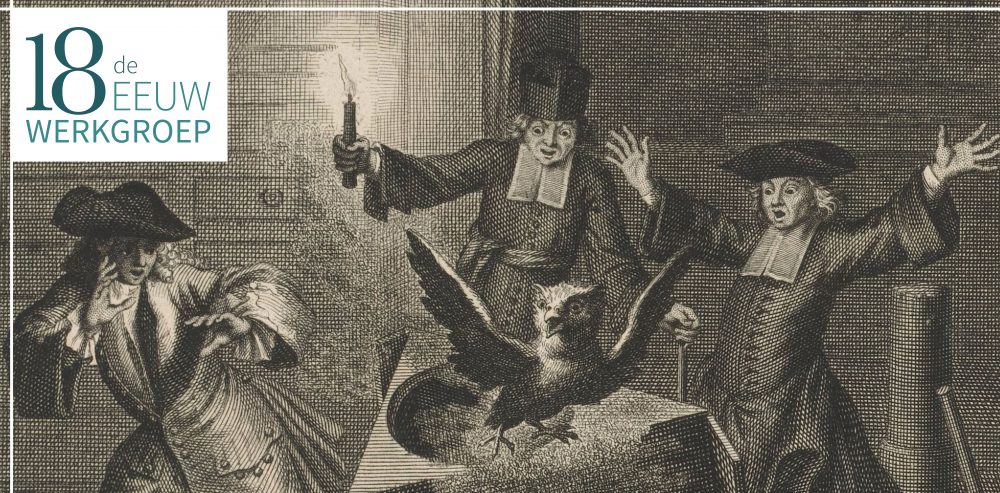 Juvenile Antiquarianism
Juvenile Antiquarianism
door prof. dr. Matthew Grenby (Newcastle University en voorzitter BSECS)
Wat: 8e Burgerhartlezing
Wanneer: 4 december 2015, 20u
Waar: Doelenzaal, Amsterdam
Taal: Engels
Entree: €5 (reservering via secretaris@18e-eeuw.nl)
Op vrijdag 4 december 2015 vindt in de Doelenzaal in Amsterdam de 8e Burgerhartlezing plaats. Deze keer wordt de lezing, met als titel Juvenile Antiquarianism, door Prof. Matthew Grenby (Newcastle University en BSECS-voorzitter) gehouden. Professor Grenby zal daarbij laten zien hoe het hedendaagse begrip ‘heritage’ en ons hedendaags cultuurtoerisme hun oorsprong vinden in de Verlichting.
The eighteenth century witnessed a tremendous upsurge of interest in the past, and particularly in its physical remains. It was an age of antiquarianism, when many men – and as we are now learning, women – took pains to visit and learn about past civilisations. Numerous young Englishmen took the ‘Grand Tour’ of Europe, for example, while interest rose in prehistoric sites and picturesque ruins, castles and cathedrals, museums and monuments.
What has not been investigated is whether, and how, children engaged with these physical manifestations of the past. Antiquarianism has generally been characterised as patrician, Protestant, Tory and male – and certainly as an adult occupation. But were there young antiquarians too? Boys and girls on the Grand Tour? Juvenile archaeologists? School visits? A children’s antiquarian culture, including books, games and toys? This lecture will examine the evidence.
Naamgeving
De Burgerhartlezing is genoemd naar de hoofdpersoon uit de brievenroman Historie van mejuffrouw Sara Burgerhart, geschreven door Elisabeth Wolff en Agatha Deken in 1782. Sara staat model voor een jonge vrouw die ernaar streeft om een zo goed mogelijk burger te zijn. De lezingenreeks heeft als doel een bijdrage te leveren aan het actuele debat over de Verlichting, zoals dit met name na ‘11 september’ en de moord op Pim Fortuyn en Theo van Gogh, in Nederland gevoerd wordt.


Je moet ingelogd zijn om een reactie te plaatsen.